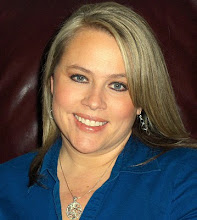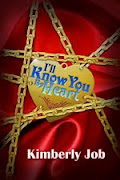Jeff started out by saying a successful novel needs three main elements—a beginning, middle, and end. He talked about the pros and cons of outlining. Personally, I like to outline and agreed with his list of advantages:
-Outlining helps you write a novel faster.
-It allows more foreshadowing and buildup if you know where the plot is going.
-It helps avoid writers block. You always know what to write about next.
-It highlights strengths/weaknesses in your plot and helps with pacing.
-It keeps you from writing 50 pages before realizing that your idea is not going to work.
Jeff suggested several questions to ask yourself when you sit down to outline your story:
1) How will the story begin and end?
2) What are the primary storylines?
3) What are the beginning and end of each storyline?
4) List one to three sub-climaxes to keep reader interest high.
5) How will each character be affect by the above questions?
6) Where and how will I foreshadow?
Jeff has a unique way of outlining using multiple storylines. It graphs the flow of the story and keeps the excitement level high. Jeff calls it NESS, the Not Enough Storylines Syndrome. You can read more about it here, on Jeff’s blog.
He also talked about sagging storylines and how to identify weaknesses in three areas—plot, characters, and setting. He presented multiple questions that warrant consideration.
PLOT:
Does your character have a noble quest? Will the reader empathize with the quest? What are the obstacles to the quest? Do smaller climaxes lead up to the final climax? Did I start at the right point? Is the storyline broad enough? Or is it too broad, so it loses focus.
CHARACTERS:
Is there a clear main character? Do you like them? Do they have flaws? What do they learn? Are their obstacles difficult enough? What is the consequence of their failure or success?
SETTING & TIME:
Why did you choose the setting you have? Does it add to the story? Why did you choose the time period? What would happen if you changed it? Are there any key events that could be tied in?
He gave us one last tidbit of advice, which I’ve been contemplating ever since—enter the scene late and leave it early.

Think about that. It is a very interesting concept and leaves no room for boredom. It was a privilege to listen to Jeff and learn from his experience. He is an engaging speaker and is very knowledgeable about his passion—writing. I’ve enjoyed his previous books, and I’m looking forward to reading and reviewing his new series—Farworld.
So, next time you are planning a new novel, try out some of the tips and suggestions from Jeff. You'll be glad you did!















0 comments:
Post a Comment
I LOVE Comments!!